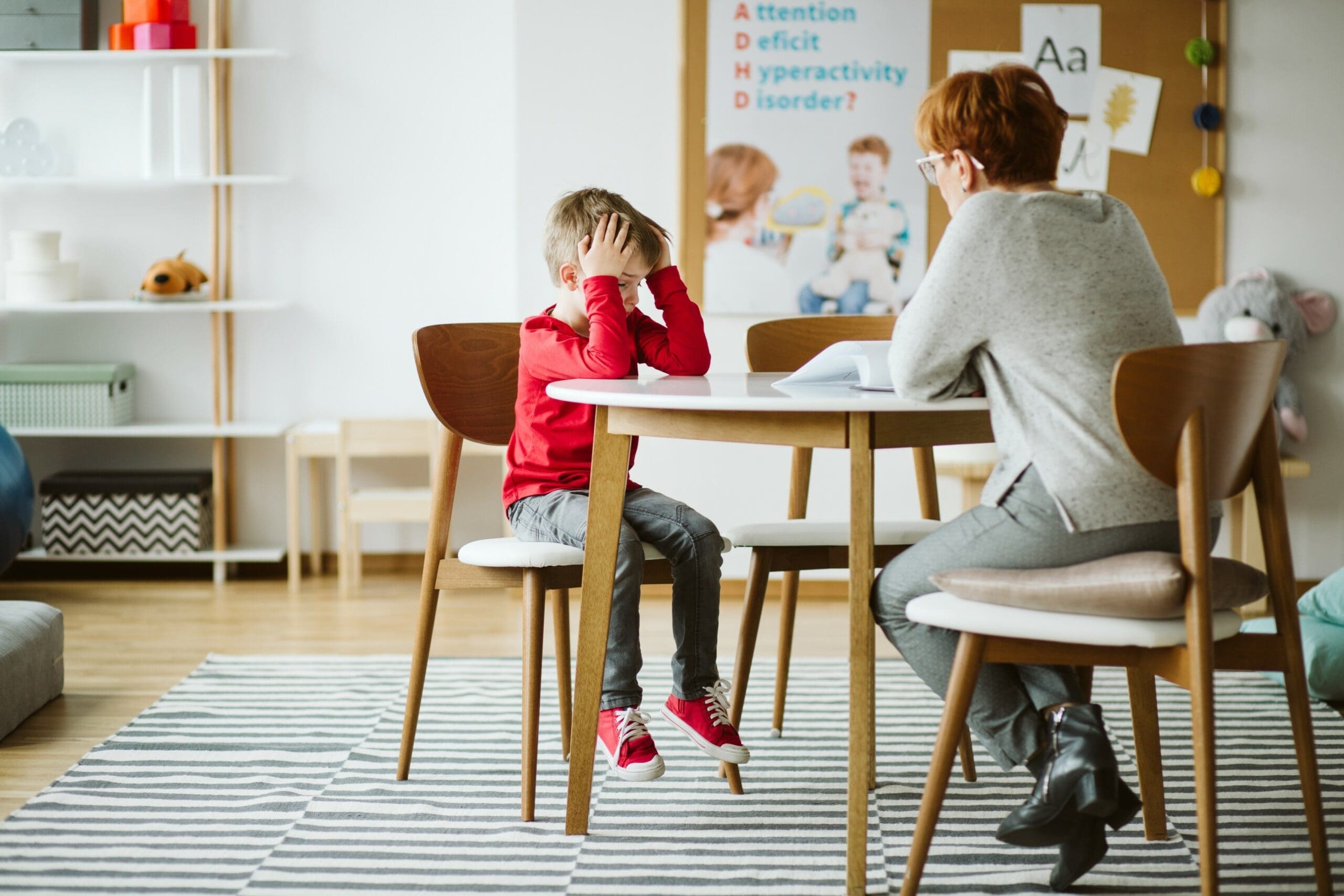Video transcript
Hi there, I’m Dr Golly. Today we’re going to discuss a condition that affects up to 1 in 20 Australian children – attention deficit hyperactivity disorder – or ADHD. Though some people just refer to it as ADD. Although there is no known cure, treatments are available and are extremely helpful in most cases. Often, coming to the diagnosis – is the hardest part.
So – what is ADHD?
Children and adolescents with this condition can find it hard to concentrate, be organised, sit still for long periods or make good, considered decisions. Symptoms usually begin by the time a child is 4 years old. It’s important to remember though, that many young kids are inattentive, hyperactive and impulsive. If the symptoms are more than other children the same age, or they’re starting to cause other problems – have them seen by a doctor, for assessment.
So – what causes ADHD? Let’s jump to the whiteboard and take a look.
If you want to achieve a certain goal, we behave in a certain way to facilitate this. Like if you wanted to bake a cake, you’d find a recipe, buy the ingredients, turn on the oven and prepare utensils in the kitchen, to get started. These logical, intelligent processes are called executive functions and for children with ADHD, they don’t work to their fullest capacity.
This results in: difficulties paying attention, poor time-keeping, procrastination, becoming distracted easily, forgetting things and difficulties regulating emotions. We also know that people’s motivation seems to be decreased with ADHD, which leads to impulsive and risk-taking behaviours. People with ADHD find it very difficult to focus on long-term goals and prefer short-term rewards.
Impulsive behaviours almost always happen with hyperactivity in young children. For primary school children, this may manifest as difficulty waiting their turn, being disruptive in the classroom, interrupting others’ activities or causing unintentional injury to themselves or others.
Doctors and psychologists will assess for ADHD if the troublesome symptoms are occurring in the home and school environments, if they’ve been present for more than 6 months and if they’re starting to effect a child’s schoolwork and relationships with family and friends.
It’s important to have your child assessed thoroughly, because there are other possible causes for poor attention and disorganisation. We will check things like their vision, hearing or other brain functions, to rule out things like dyslexia, sleep problems or anxiety.
So once diagnosed, how do we treat ADHD?
Well it starts with behaviour modification and changes in the home and school environments. Some of these changes are relatively easy to implement, like:
- maintaining a daily schedule, with visual reminders to help keep your child organised
- using diaries, charts and checklist to help kids stay ‘on task’
- setting small, realistic targets and rewarding positive behaviours whenever they occur
- keeping distractions to a minimum
- limiting choices to avoid overwhelming kids
- using calm discipline, like ‘time-out’ to avoid unintentionally reinforcing negative behaviours
And one of the most important things you can do – is finding an activity that your child excels at – like a sport or hobby. Focusing on this increases their self-esteem and demonstrates how successful they can be.
Lastly, there are medications that can help with executive functions. The most common ones are called stimulants, but it’s important to understand that they don’t stimulate the child – which would be a problem in an already hyperactive child – but rather they stimulate parts of the brain, to improve attention and function. Let’s jump to the whiteboard and take a look at how these medicines can help…
Stimulants act on the parts of the brain that control attention, working memory and impulse control. The two most common types of stimulants are methylphenidate and dexamphetamine, and these can be prescribed by paediatricians, psychiatrists and neurologists.
Different medications can be short acting or long-acting, in tablet or liquid form, and in the correct doses, are not addictive. They can be used one day, and not the next – depending on what activities your child has planned for the day ahead.
It’s important to be aware of possible side-effects, just like with any medication. With stimulants, the most common side effects reported are: loss of appetite and difficulty falling asleep at night. Your child’s doctor will discuss these with you and monitor your child closely during the treatment period. For some children who can’t tolerate these side-effects, non-stimulant alternatives are also available and can be discussed with your doctor.
Remember, stimulants will not teach your child to behave well, work with others, follow rules or be motivated. For this reason, we always combine medication with the behaviour therapies I mentioned before, to help your child reach their full potential.
Thanks for watching – I’m Dr Golly, I’ll see you next time.


